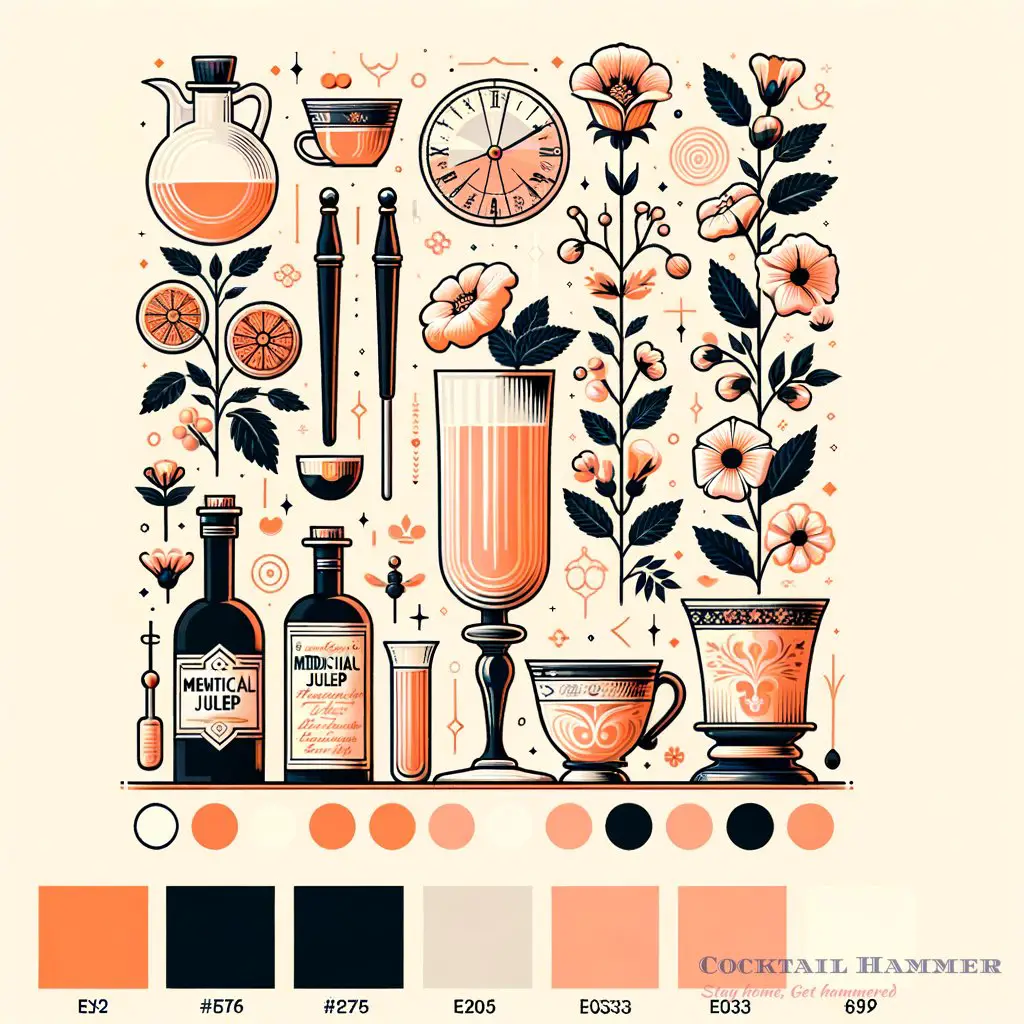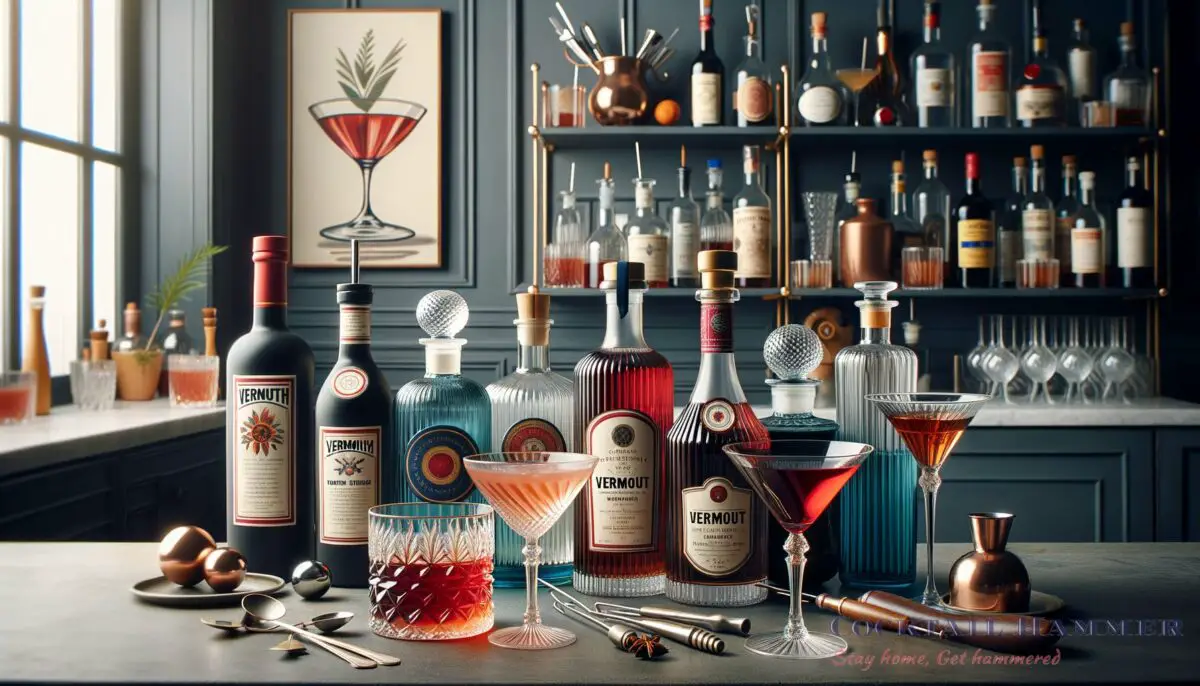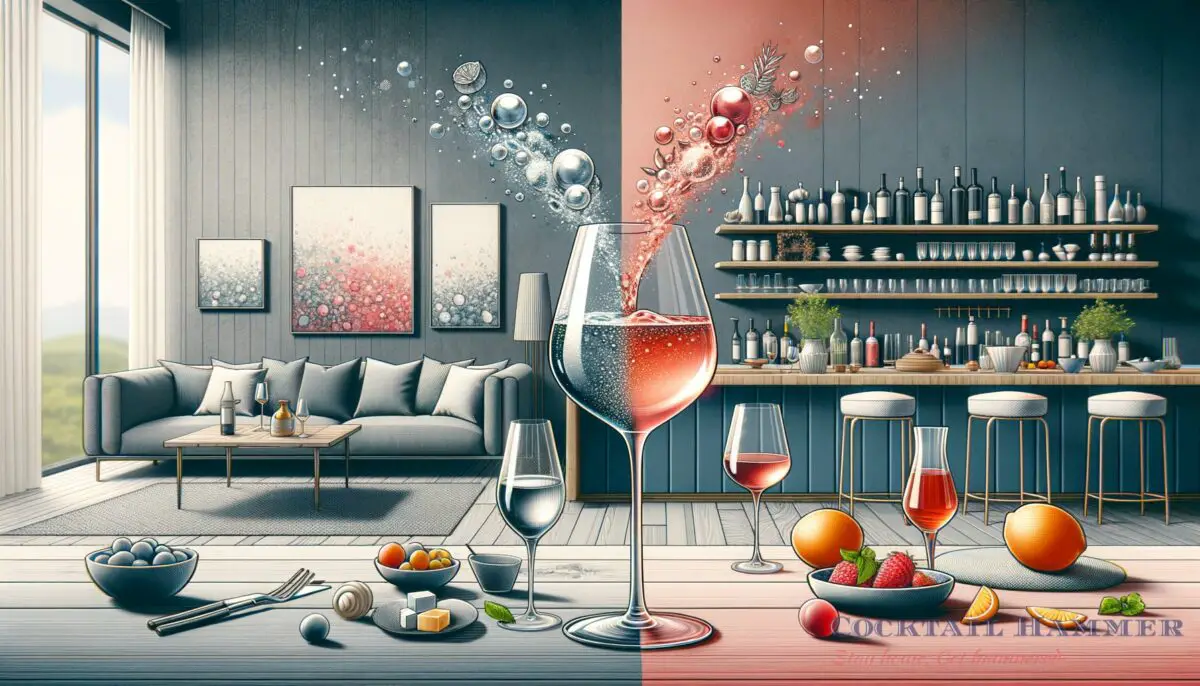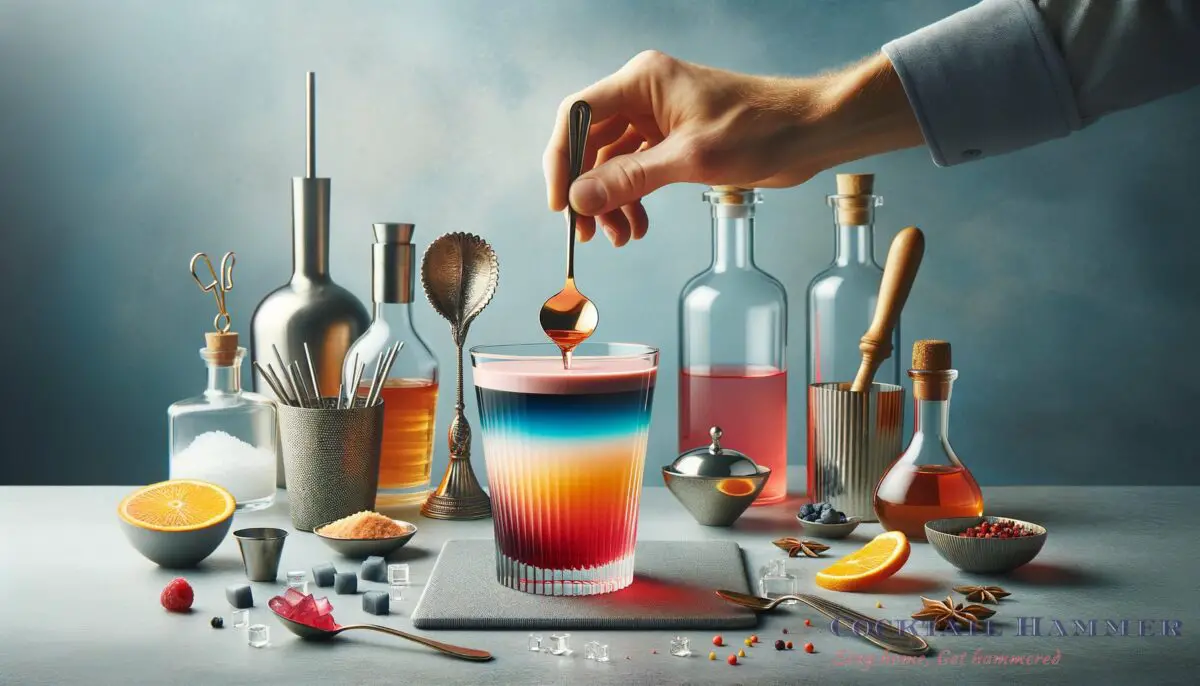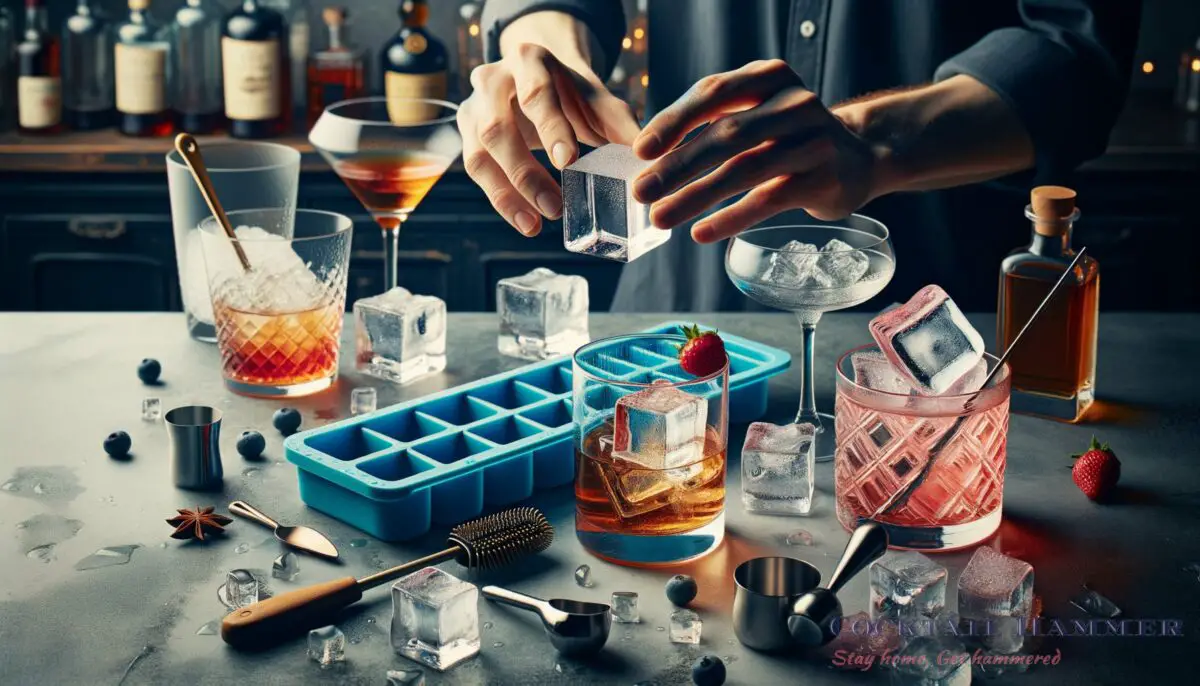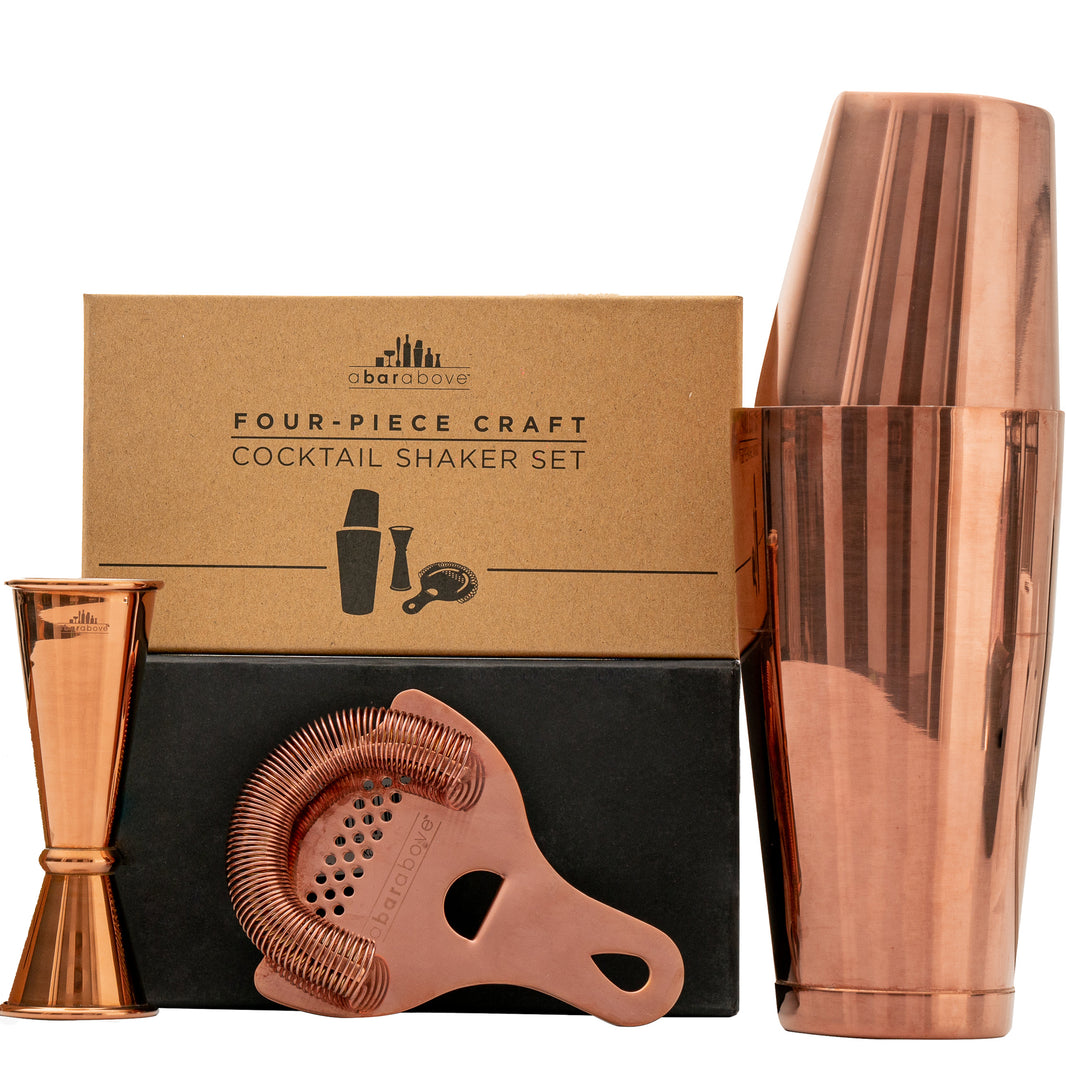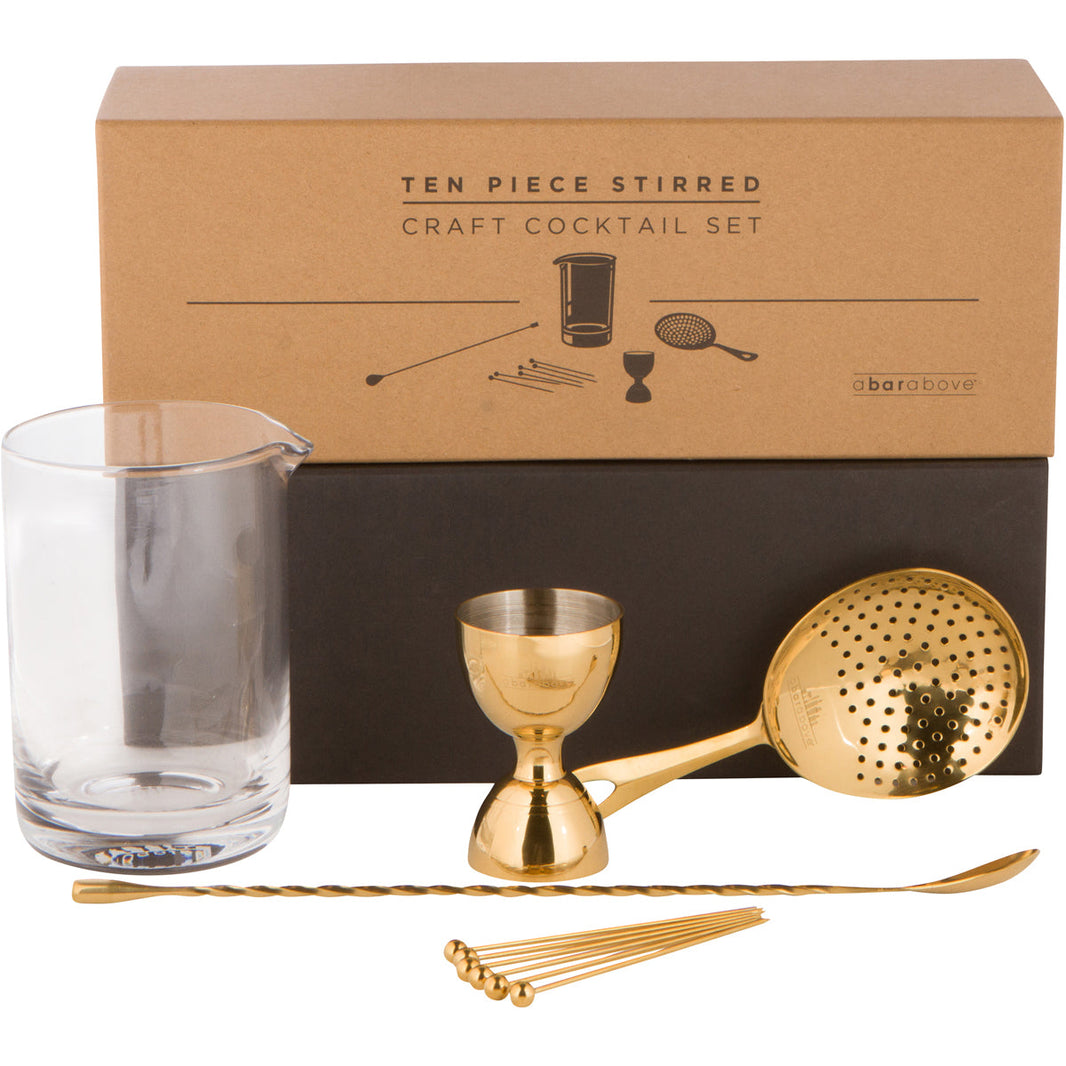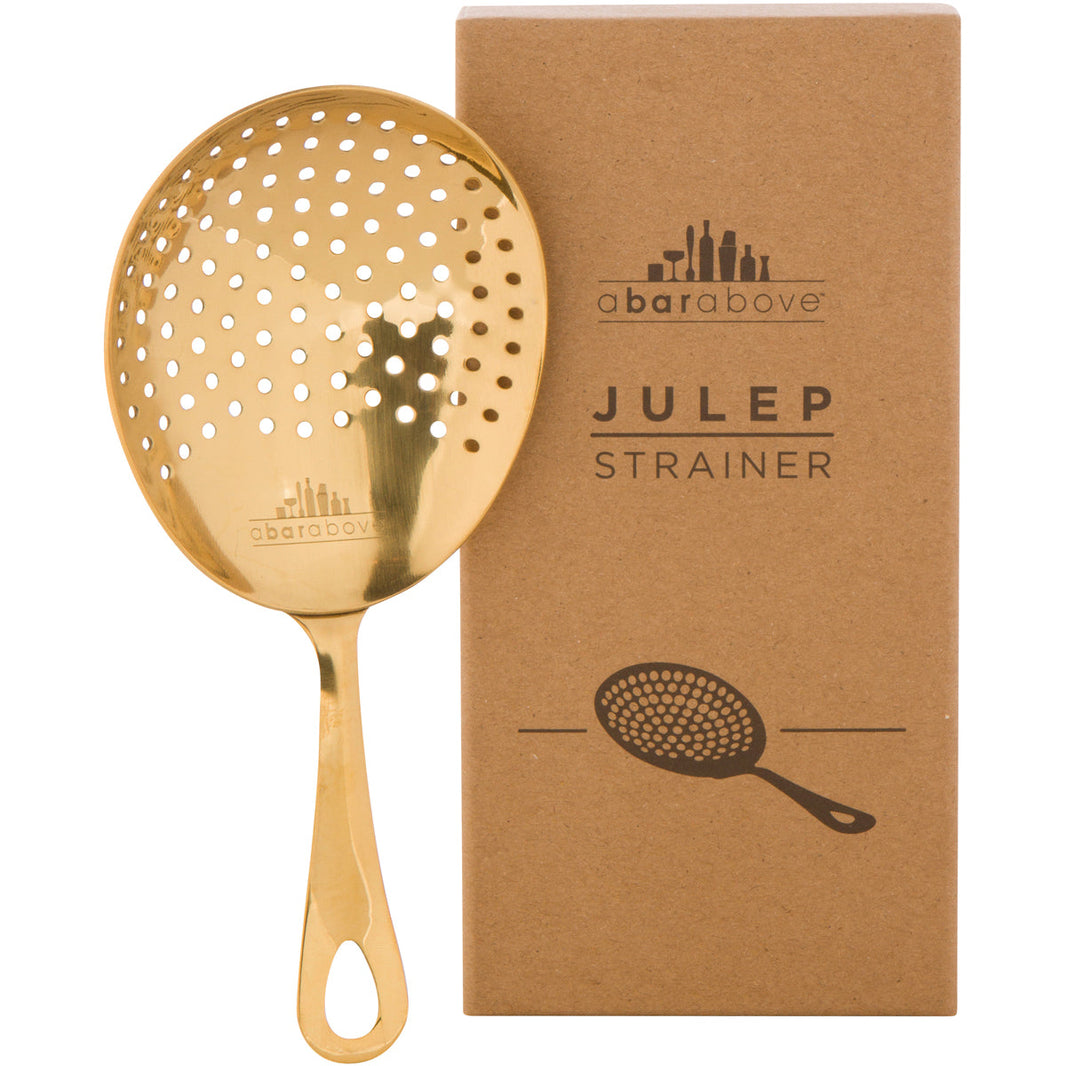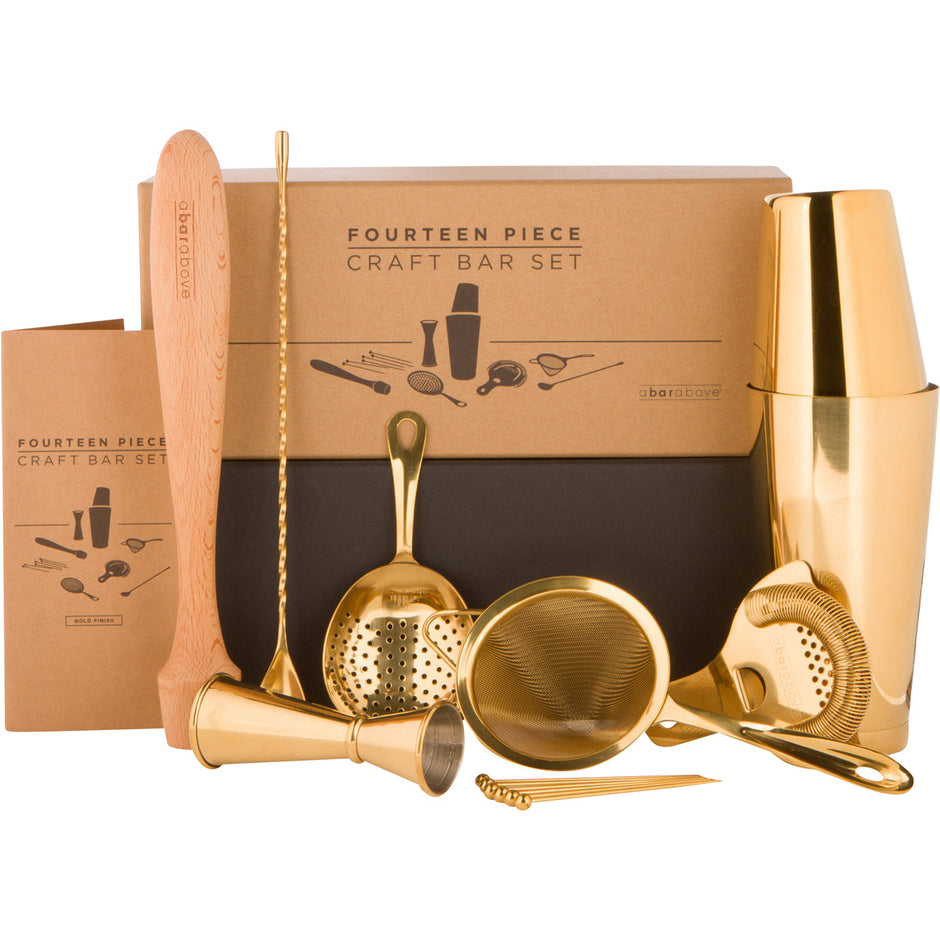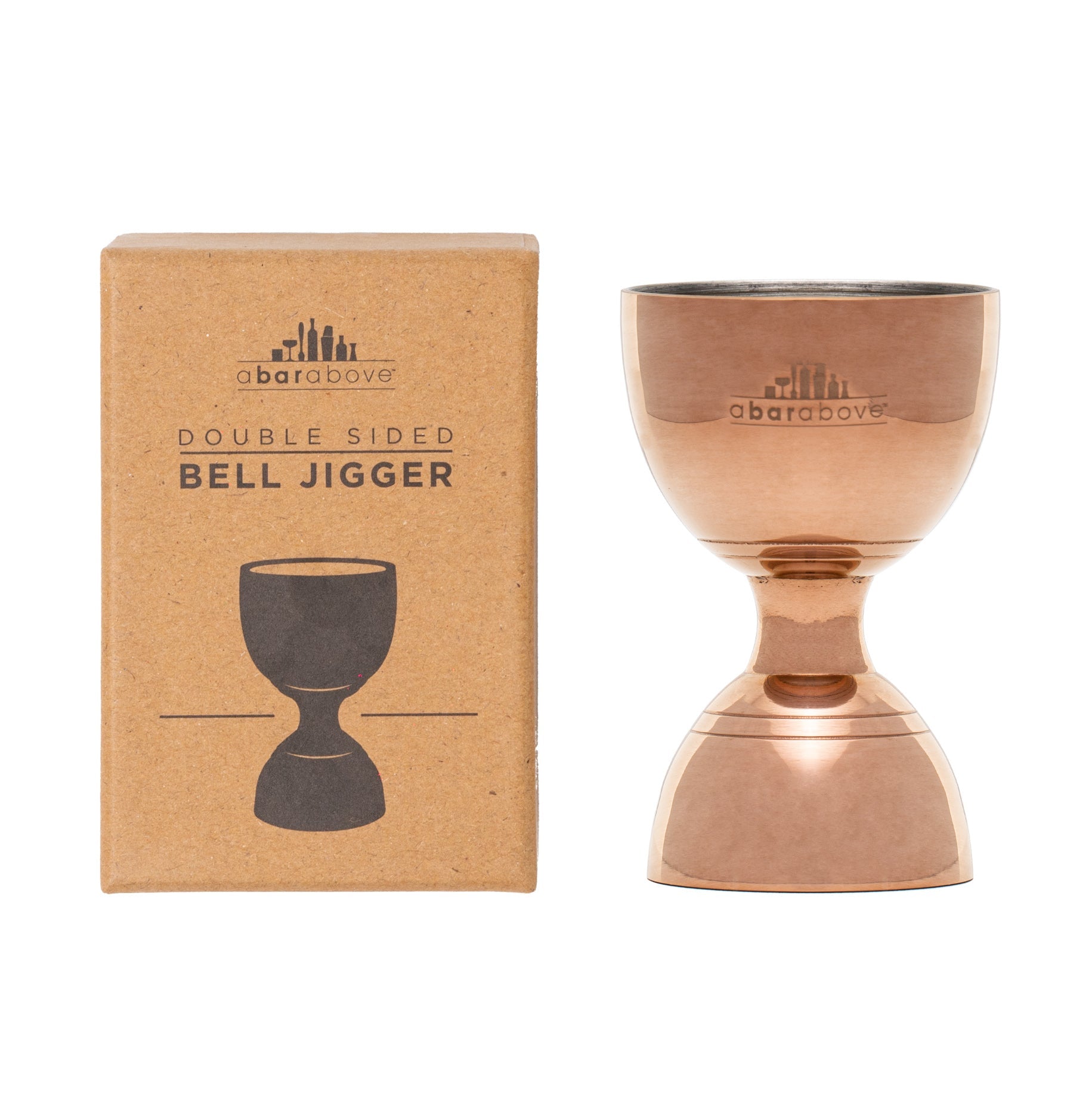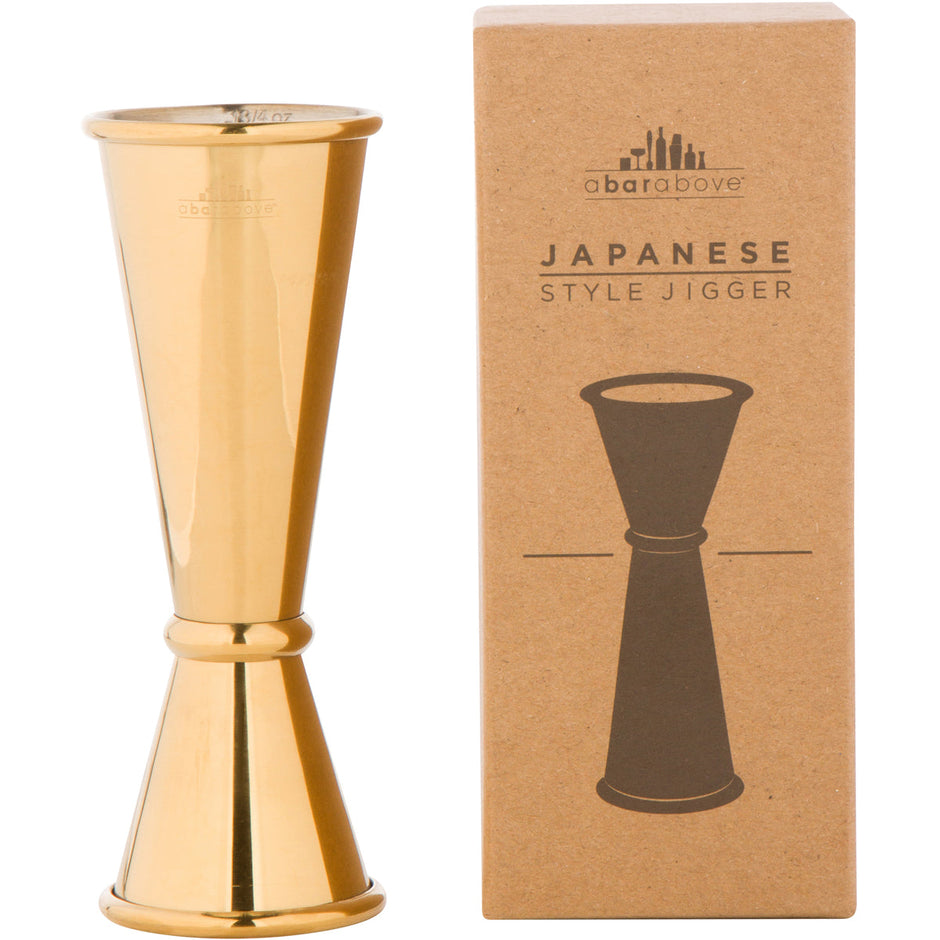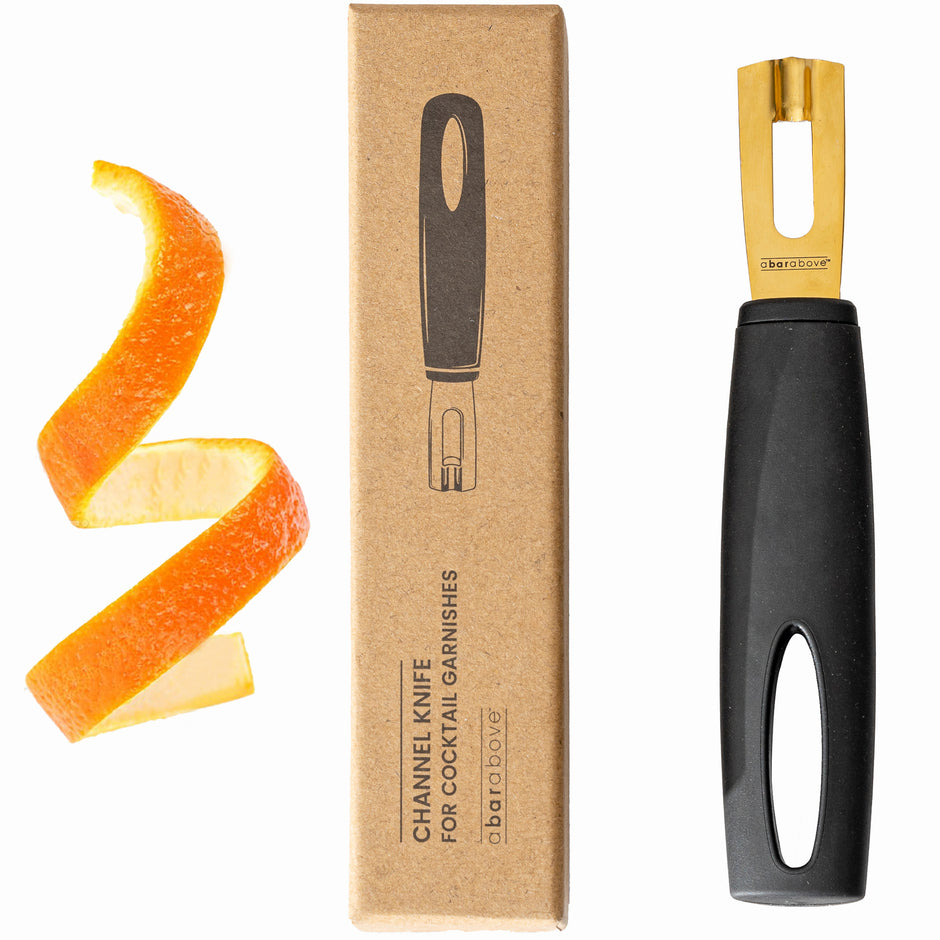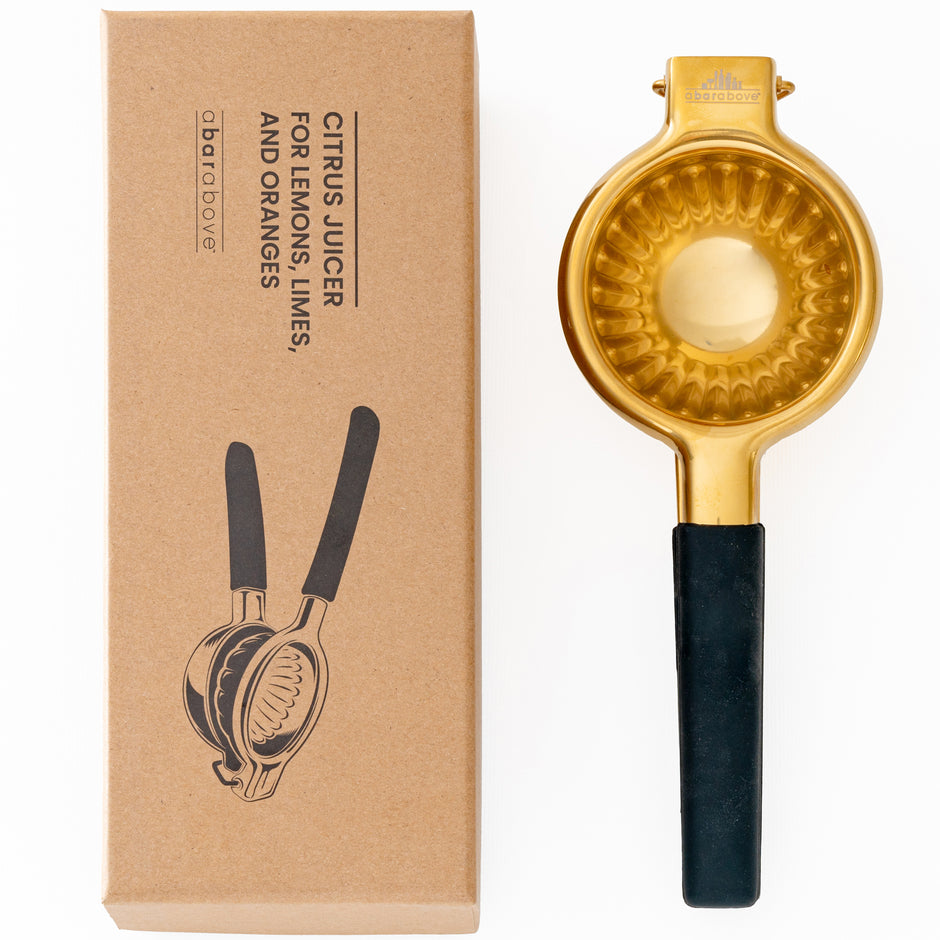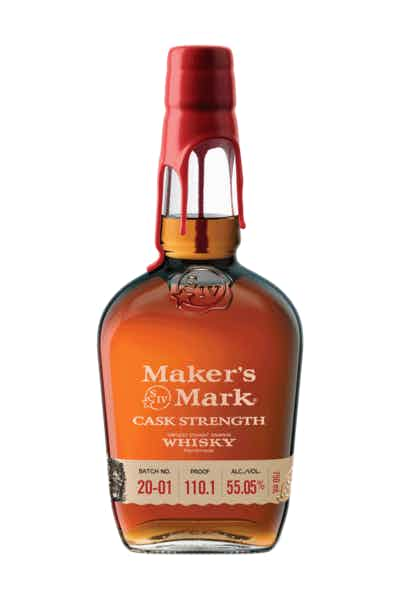Ever wondered why the classic cocktails of yore capture our imaginations and taste buds? It’s like they’ve got a secret handshake with history—each sip a time portal to a bygone era. Think about the tools that craft these sips of history; choosing the right bakeware or bar equipment can make all the difference.
Just like picking out the perfect bakeware kit sets you up for baking success, knowing your cocktails inside out stirs up spirited debates among aficionados. In this post, we’ll embark on a spirited journey across centuries through iconic drinks.
Key takeaways
- Sipping through the ages brings a unique storytelling element to mixology.
- Each century’s drinks reflect societal shifts and trends in mixology.
- Mastering the art of historical cocktails adds depth to your bartending skills.
- Experimental fusion bridges the gap between traditional and modern tastes.
Sipping through the ages: What drinks define each century?
Imagine a bar where every order takes you back in time. We’re not raising glasses; we’re traveling through the centuries, unearthing the spirits and trends that shaped each era. This is no ordinary lineup—it’s a menu sprinkled with time dust, serving up a chronological libation celebration that would make even the most stoic historian loosen their collar.
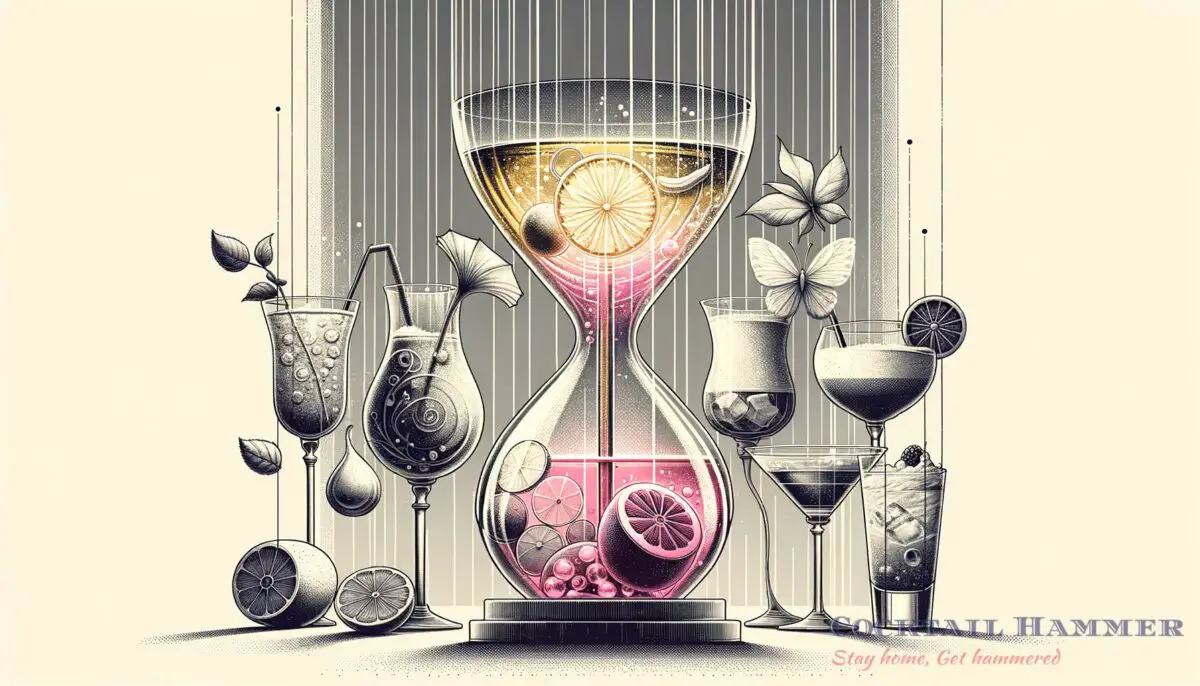
Now, let’s jump aboard the cocktail time machine and get a taste of history—literally.
1. The 11th-century sipper: Ale concoctions
Back in the 11th century, clean water was the unicorn of liquids—rare and nearly mythical. Enter ale, the staple beverage. Not quite the concocted cocktails we know, but mixers like mead or herbs gave these brews an early mixologist’s touch.
These primitive potions may not have been shaken or stirred, but they deserve some credit in the cocktail ancestry.
Fast-forward to today’s craft beer scene, and the art of brewing has sky-rocketed. Brewing at home? You might need top-notch bakeware supplies to support your aged ale experiments, echoing the ancestral quest for the perfect pint.
2. The 16th-century refresher: The Julep
The julep of the 16th century wasn’t the minty marvel we toast the Kentucky Derby with. It was a medicinal concoction, a sweet drink to mask the bitterness of medicine. The julep has been reborn many times over, each metamorphosis following the ebb and flow of available ingredients and societal tastes.
Translating this ancient refresher to today’s bar set-up? A modern mixologist can transform tradition with twists, using premium Boston shakers to seamlessly blend the old with the new.
3. The 18th-century classic: Punch
Punch bowls in the 18th century weren’t just containers for spiked frivolity; they were communal anchors, social lubricants of any decent gathering. Usually brimming with sweet, sour, strong, and weak components, the punch was the Swiss Army knife of drinks, adaptable and crowd-pleasing.
Today, punches are the life of the party with a historical wingman. To channel that same communal spirit at your next soiree, master the art of punch-making with essential bar tools that link past to present.
4. The 19th-century dawn: The cocktail
The cocktail, in the true sense, stirred awake in the 19th century. This was when spirits, bitters, water, and sugar created the prototype from which all cocktails have evolved. Tales of boozy elixirs like the Old Fashioned and the Manhattan began to spill from saloon doors, setting the stage for an enduring mixology legacy.
Diving into this pivotal century requires gusto and the right gear. A mixologist’s arsenal isn’t complete without a trustworthy cobbler shaker to pay homage to the roots of cocktail culture.
5. The 21st-century twist: Fusion drinks
“Imagine a bar where every order takes you back in time. We’re not raising glasses; we’re traveling through the centuries, unearthing the spirits and trends that shaped each era. This is no ordinary lineup—it’s a menu sprinkled with time dust, serving up chronological libation celebrations.”
Our current century revels in the fusion of flavors, the culinary clapback to a history of strict drink doctrine. From the molecular gastronomy-inspired cocktails to the resurrection of age-old recipes with a contemporary zing—this era’s drink game is all about innovative combinations and boundary-pushing.
It’s not just about taste; it’s an experiential thing. Prove you’re a mixology maestro by exploring fusion cocktails and crafting the future’s history right in your glass.
More mixology tips
When you’re ready to shake things up from the comforts of home and pour some history into your glass, keep your bar stocked and your mind open. Remember, the essence of mixology is experimentation combined with a dash of reverence for the past—so here’s how to keep your cocktails timelessly tasty.
- Refresh your knowledge on classic recipes and techniques to ensure your drinks are rooted in tradition.
- Complement your cocktail crafting with home bar essentials that challengers of yesteryears could only dream of.
- Get creative with garnishes by learning the art of garnishing, because a cocktail’s charm is usually in the presentation.
- Explore infusing spirits with custom flavors to add a personal touch to your cocktail creations.
- Master the use of different ice types by understanding how different ice shapes affect your drink.
Refining your skills as a cocktail connoisseur is all about the details. Here’s the low-down on what will make or break those liquid timelines.
| Do | Don’t |
|---|---|
| Use fresh ingredients for the best flavors | Settle for pre-packaged juice mixes |
| Measure ingredients precisely to maintain balance | Eyeball measurements and risk compromising the taste |
| Chill glasses before serving to enhance the experience | Serve lukewarm cocktails |
| Keep tasting notes for improvement | Assume each batch will be perfect |
| Experiment with different glassware to elevate the drink | Use the same type of glass for every cocktail |
Advantages and disadvantages of historical mixology
Diving into cocktails from each century isn’t just about showing off at your next dinner party. It’s a liquid narrative, painting history with every pour. This approach to mixology brings a barrel-aged batch of benefits, along with a twist of challenges.

Let’s unfold the cocktail napkin and scribble down the pros and cons.
Advantages
- Extends your knowledge of cocktail history and techniques
- Amplifies your appreciation for the evolution of mixology
- Infuses storytelling into your drink-making, enriching the experience
- Encourages experimentation and innovation in your own recipes
Disadvantages
- Recreating authentic flavors can be daunting due to the evolution of ingredients
- Some older recipes might not cater to modern palates
- Historical cocktails usually require special ingredients or equipment
- Fusing old and new techniques can be trial and error, necessitating patience and practice
In my humble glass-half-full view, mixing drinks from each century isn’t just a tipsy trip down memory lane; it’s a full-blown expedition into the soul of spirits past. Each cocktail has its own story, a cultural context that’s just waiting to be uncorked. Sure, I’m no history buff with a Ph.D.
in Booze-ology, but who needs a title when you’ve got a shaker and a thirst for knowledge?
I reckon that while some people might yearn for futuristic mixology magic, there’s something to be said for the classics. The drinks that have stood the test of time—like those featured in the recreation of historic cocktails—tell tales of bygone eras that our modern palates can still savour. There’s something deeply satisfying about tipping your hat to history with a well-crafted, time-honored drink.
If you are a visual learner, check out this video titled ‘Who Invented The Cocktail?’
Frequently asked questions (FAQ)
What were the drinking habits in medieval times that influenced cocktails today?
Back in medieval days, the concept of drink safety was a gamble—water usually wasn’t safe to drink. Ale and wine were the everyday go-to options, and necessity being the mother of invention, people got creative. They started adding local botanicals, which laid the groundwork for future cocktail flavorings.
How do I recreate the flavors of a historic cocktail accurately?
Research is key. Dig into old texts, and don’t shy away from asking pros at your local speakeasy. Experiment with ratios and remember that palate preferences change, so a direct translation might need tweaking.
Also, sourcing authentic ingredients or their closest modern equivalents can make a world of difference.
Why should I bother learning old cocktail recipes?
Old cocktail recipes aren’t just instructions; they’re connections to a different time. They carry tradition, technique, and a pinch of history. Learning them allows you to appreciate the evolution of mixology.
Plus, they’re prime for impressing guests with both the flavor and the story behind the drink.
Final thoughts
As we bring our historical hangout to a close, remember that every cocktail you shake or stir is not just a drink—it’s a narrative. Bars may not be actual time machines, but the drinks they serve can transport us through the centuries, one sip at a time. So, load up your shakers, muddle your herbs with purpose, and pour a dash of yesteryear into your glass.
Here’s to toasting the past, enjoying the present, and concocting the future.
How does merging the timelines of taste resonate with you? Did I cover everything you wanted to know?Let me know in the comments section below I read and reply to every comment. If you found this article helpful, share it with a friend, and check out my full blog for more tips and tricks on all things bartending and mixology. Thanks for reading, and here’s to stirring up stories in your home bar!
